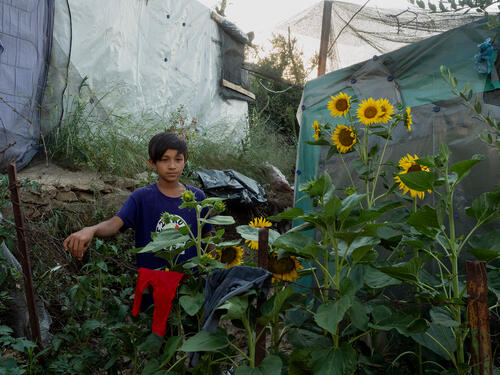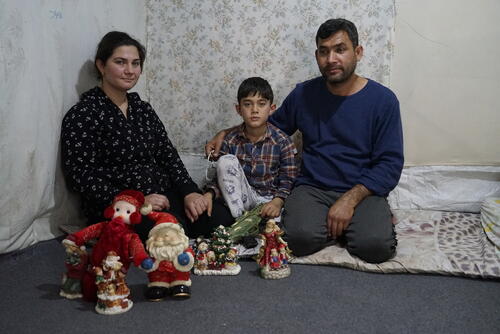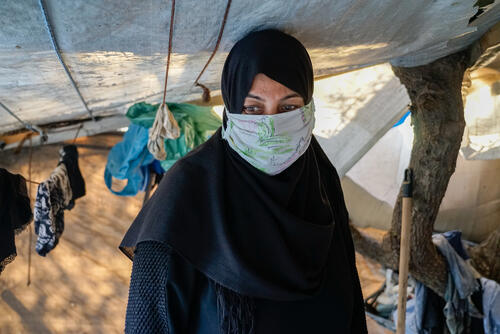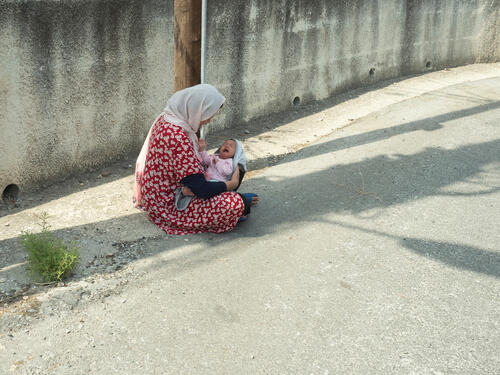COVID-19-related lockdown measures have had an impact on the lives of everyone around the world and generated increasing levels of stress and anxiety for many of us. However, the restriction of movement imposed in places like Moria and Vathy, on the Greek islands, have proven to be toxic for the thousands of people contained there.
When COVID-19 reached Greece, more than 30,000 asylum seekers and migrants were contained in the reception centres on the Greek islands in appalling conditions, without access to regular healthcare or basic services. Médecins Sans Frontières (MSF) runs mental health clinics on the islands.
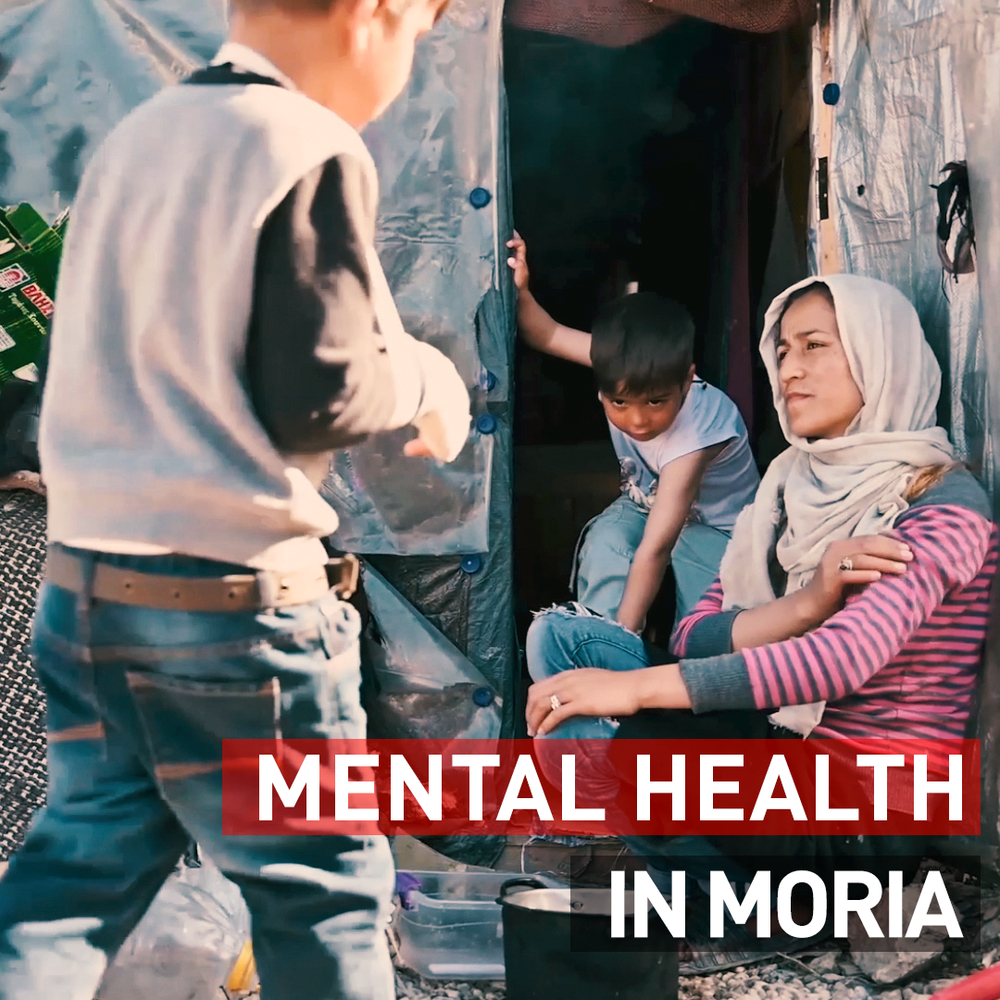
Mental health in Moria
In March 2020, a restriction of movement imposed by the central government in response to COVID-19 has meant that these people, 55 per cent of whom are women and children, have essentially been forced to remain in these overcrowded and unhygienic centres with no possibility to escape the dangerous conditions which are part of their daily life.
Despite the fact that there have been zero cases of COVID-19 in any of the reception centres on the Greek islands, and that life has returned to normal for local people and tourists alike, these discriminatory measures for asylum seekers and migrants continue to be extended every two weeks.
Today, these men, women and children continue to be hemmed in, in dire conditions, resulting in a deterioration of their medical and mental health.
“The tensions have increased dramatically and there is much more violence since the lockdown, and the worst part is that even children cannot escape from it anymore,” says Mohtar, the father of a patient from MSF’s mental health clinic for children. “The only thing I could do before to help my son was to take him away from Moria; for a walk or to swim in the sea, in a calm place. Now we are trapped.”
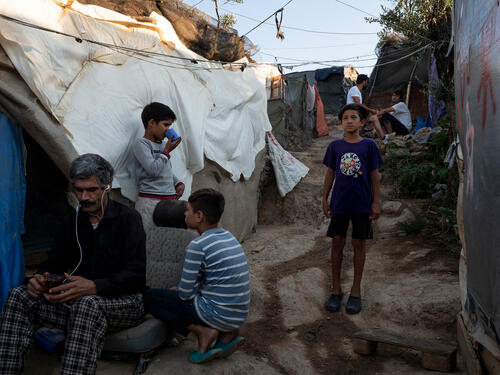
Listen to Marco Sandrone, the MSF field coordinator on Lesbos, describe life for people trapped on the islands.
Marco Sandrone, MSF Field coordinator in Lesbos
MSF cannot stay silent about this blatant discrimination, as the restriction of movement imposed on asylum seekers dramatically reduces their already-limited access to basic services and medical care.
In the current phase of the COVID-19 epidemic in Greece, this measure is absolutely unjustified from a public health point of view – it is discriminatory towards people that don’t represent a risk and contributes to their stigmatisation, while putting them further at risk.
“The restrictions of movement for migrants and refugees in the camp have affected the mental health of my patients dramatically,” says Greg Kavarnos, a psychologist in the MSF Survivors of Torture clinic on Lesbos. “If you and I felt stressed and were easily irritated during the period of the lockdown in our homes, imagine how people who have endured very traumatic experiences feel now that they have to stay locked up in a camp like Moria.”
“Moria is a place where they cannot find peace, they cannot find a private space and they have to stand in lines for food, for the toilet, for water, for everything,” says Kavarnos.
COVID-19 should not be used as a tool to detain migrants and refugees. We continue to call for the evacuation of people, especially those who belong to high-risk groups for COVID-19, from the reception centres to safe accommodation. The conditions in these centres are not acceptable in normal times however, they have become even more perilous pits of violence, sickness, and misery when people are unable to move due to arbitrary restrictions.



